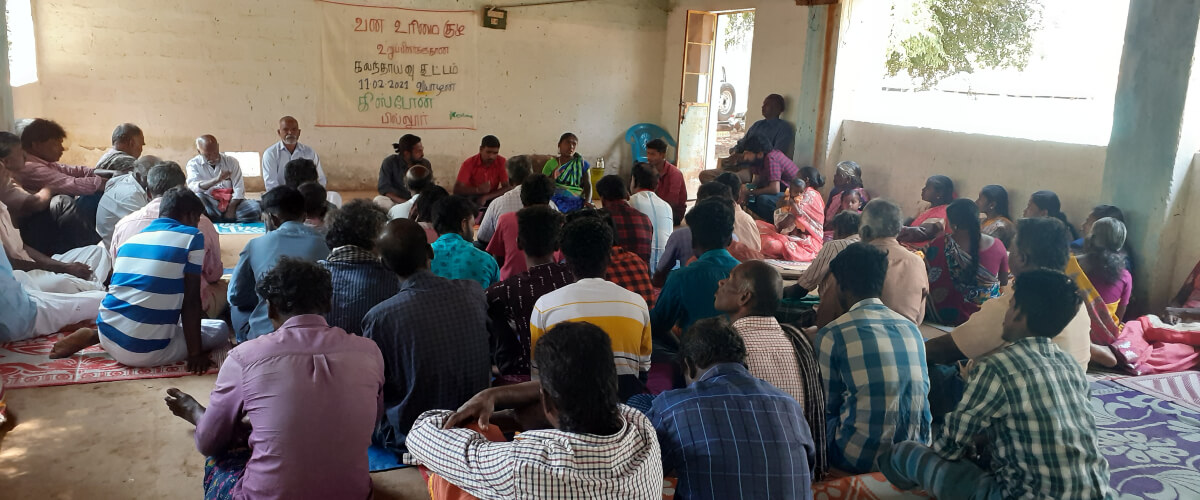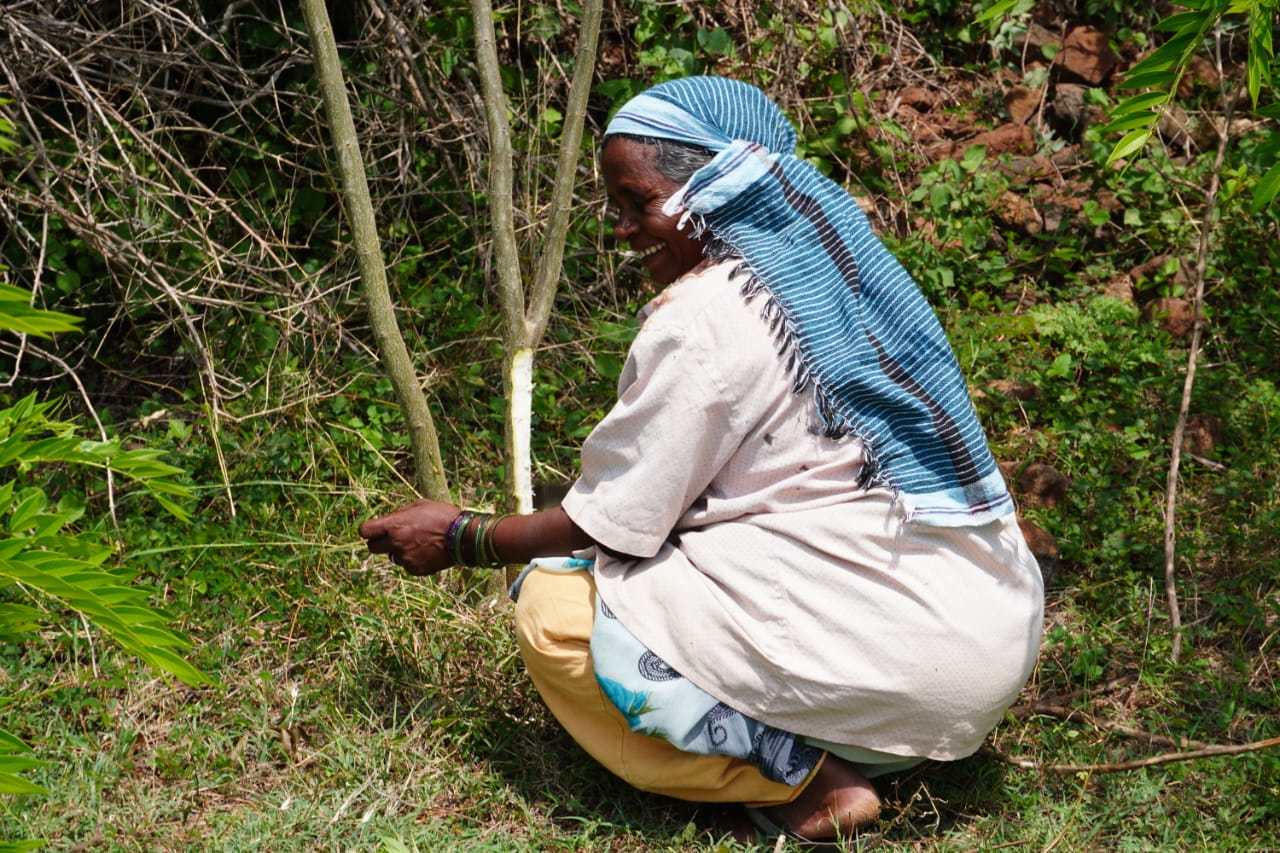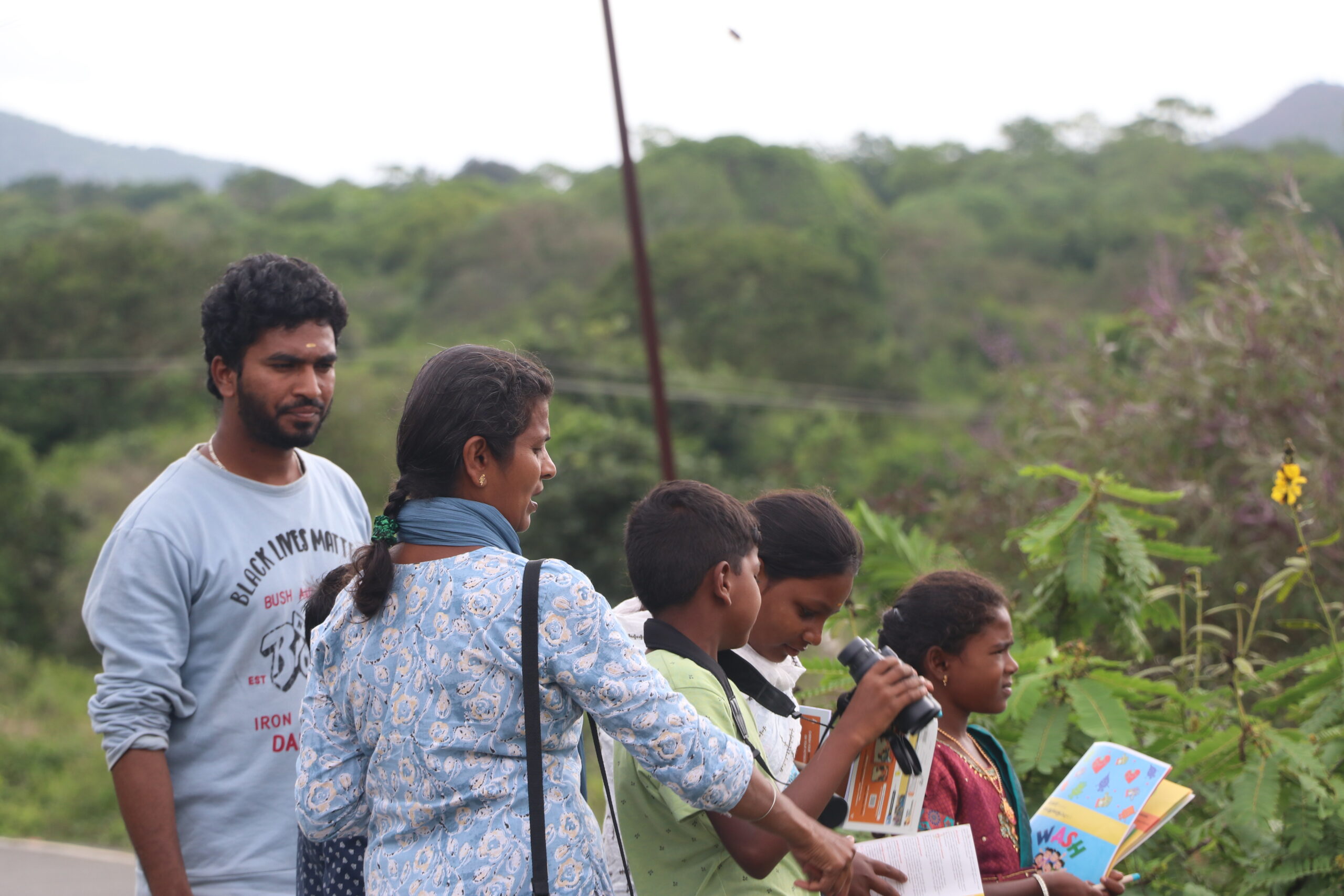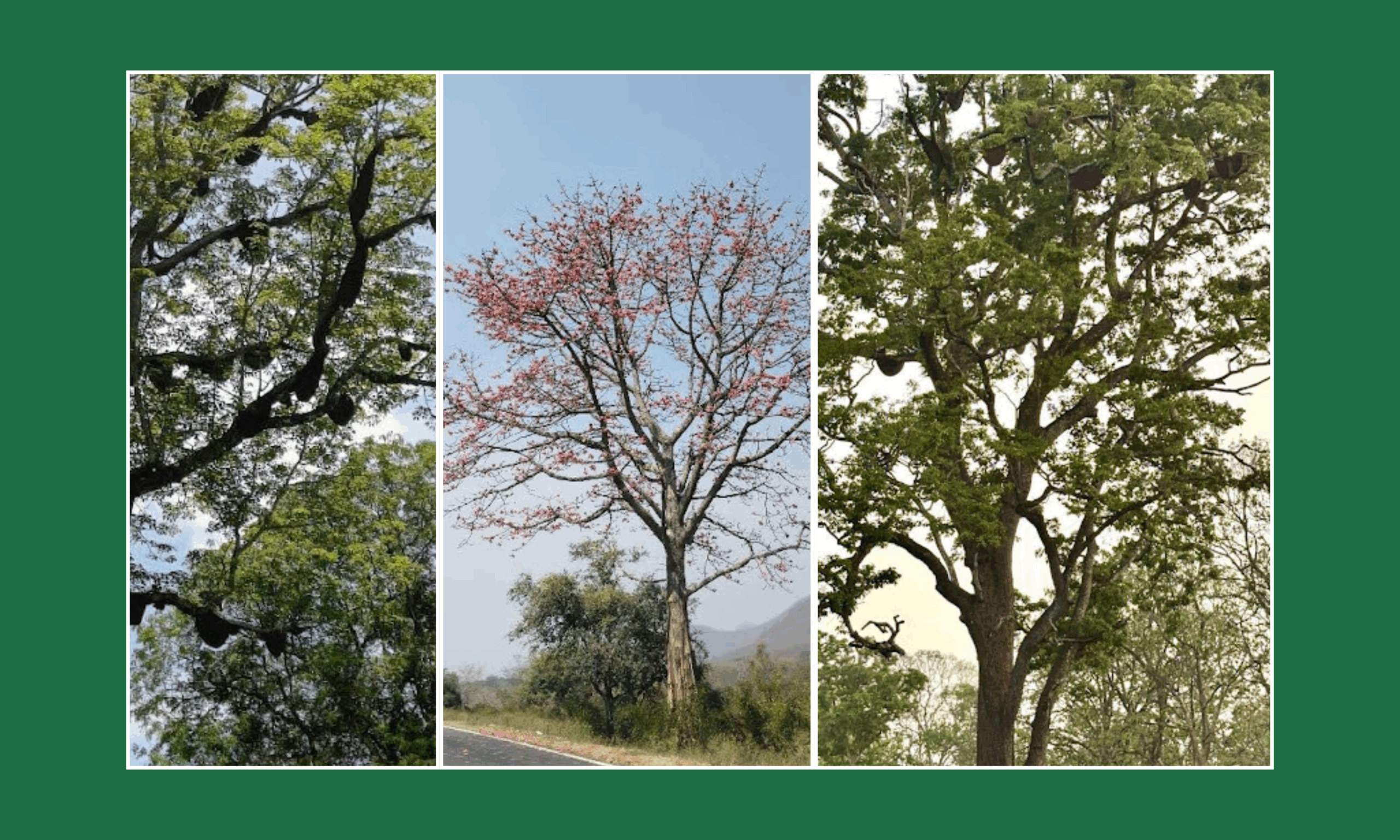It is said that access to information or being informed can be empowering as it allows one to make good choices or decisions. To access or receive information, one must ask questions. And to ensure robust and useful information, the questions must be framed in a way that is clear, crisp and representative.
As citizens, we have access to a very significant legal instrument called the Right to Information Act that allows people to submit queries to any “public authority”, and expect a response. Exercising this right enables us to be well informed and active citizens. RTI can also serve as a powerful advocacy tool.
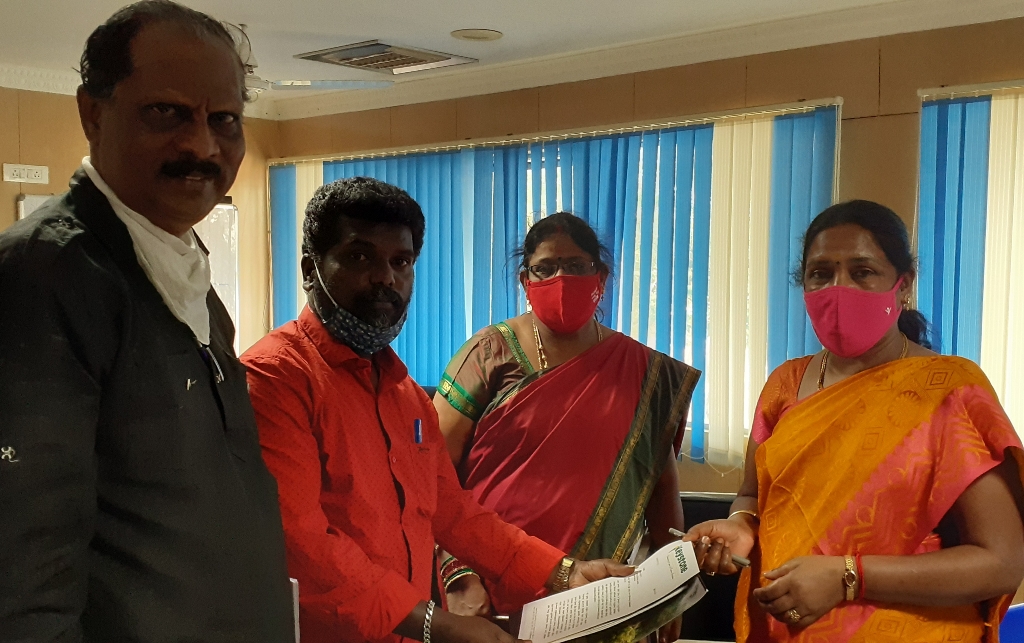
Advocacy is an important component of Keystone’s work on Environmental Governance. As part of this effort, our team recently met with the TN Government Tribal Director Mr.Rahul IFS in Chennai on behalf of the PVTG communities Keystone Foundation engages with and presented the problems faced by them, particularly in our working areas of the NBR. In this meeting we got the district wise detailed data of IFR and CFR.
Data is essential and can serve as a powerful advocacy tool for Rights based activism. Since the district wise date was not sufficient to understand the village level status and other nuances of the Forest Rights Act at the grassroot level, in the month of February our team facilitated the application of 15 RTIs (Right to Information Act) to different government officials by indigenous communities representing the Pillur, Sigur and Nilambur areas of the NBR. The list of queries was divided into State level queries, District level queries, Village level queries, Sub divisional level queries and Tribal welfare related queries that were sent to the respective officials. They included the Tribal Director, District Collector, Revenue Department Officers (RDOs) and the Tribal Welfare officer respectively. As part of the Sub divisional level queries, we segregated the questions that were considered relevant and additional queries that communities had raised during our meetings.
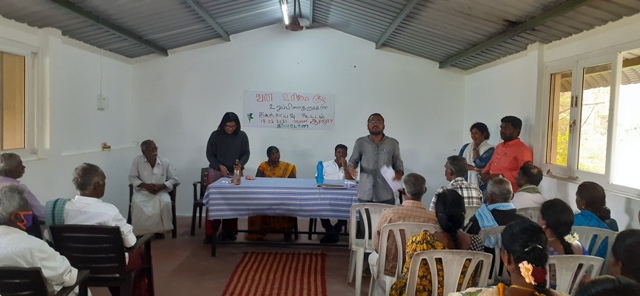
As part of the RTI preparation and filing procedures, we conducted meetings at the area level, where key members of the Forest Rights Committee (FRC) were present along with key representatives from the respective villages. This included women and youth from the participating villages. At the meeting the RTI questions were read out and people’s feedback were noted based on which questions were modified, and additional. locally relevant queries that were raised by the community members were also added. The filing was done by the community people – either through their regional tribal association (for e.g. the Adivasi Sangam in Nilambur) or by individual indigenous leaders.
We have already received a reply for the RTI that was sent to the Tribal Director and we are awaiting responses from other officers/departments by the end of this March, 2021.
As part of this process, we also met and interacted with the District Tribal Welfare Officer, the DSLC and SDLC members of Nilgiris, Erode and Coimbatore districts – including the Udhagamandalam District Panchayat Chairman to garner additional support and solidarity towards claiming traditional rights of indigenous communities.
By Bagavanidhi

